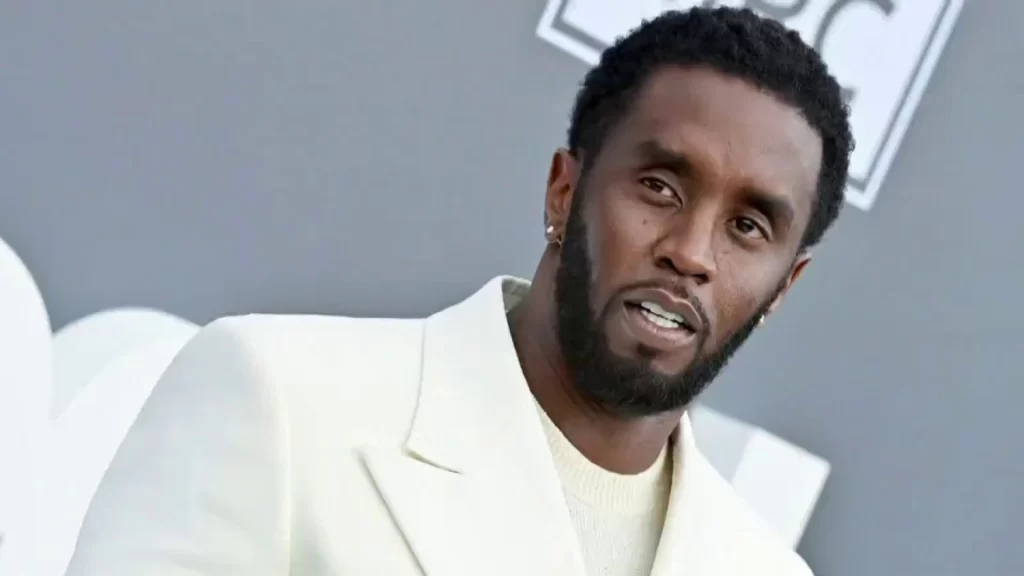Sean ‘Diddy’ Combs is trying to ‘corruptly influence witness testimony’ and taint the jury pool from jail, prosecutors say
3 min read
Sean “Diddy” Combs, currently held in federal custody, is accused of continuing to obstruct the investigation into his sex trafficking case, attempting to corrupt witness testimony, and influencing the jury pool, prosecutors claim in a new court filing.
Combs, the music mogul facing serious charges including sex trafficking, racketeering, and prostitution-related offenses, has been detained at the Metropolitan Detention Center (MDC) in Brooklyn since his arrest in September. Despite being incarcerated, prosecutors allege he has found ways to bypass monitoring systems and communicate with individuals outside of the approved contact list, including potential witnesses and accusers.
According to federal prosecutors, a review of recorded calls from the MDC revealed that Combs used the phone accounts of at least eight inmates to avoid detection. These calls, they say, were part of a broader effort to manipulate the investigation. Combs also allegedly paid these inmates through intermediaries in violation of the facility’s rules. Additionally, prosecutors claim Combs used three-way calls to reach individuals not authorized on his contact list and sent hundreds of unauthorized text messages to multiple people, including some witnesses, further violating the terms of his detention.
The government argues that these actions demonstrate Combs’ ongoing efforts to influence witnesses and disrupt the legal proceedings, even from jail. Prosecutors wrote in their filing, “Since the defendant has been detained at MDC, he has continued to try to evade law enforcement monitoring, corruptly influence witness testimony, and further attack the integrity of these proceedings.”
Combs’ alleged attempts to tamper with the case include efforts to intimidate or coerce witnesses to remain silent or provide testimony favorable to his defense. In addition, prosecutors assert that Combs orchestrated social media campaigns aimed at influencing public opinion and tainting the jury pool. They claim he leaked case materials that he believed would help his case and continued to contact witnesses through third parties.
Despite being denied bail twice—once by a magistrate judge and again by the trial judge who later recused himself—Combs’ legal team has continued to push for his release. They argue that new evidence they have obtained undermines key aspects of the prosecution’s case. Specifically, they claim that the government has misrepresented evidence, particularly regarding the number of victims involved, and that the new material weakens the accusation of witness tampering.
Combs’ defense team also insists that he should be released because the government has overstated his potential danger to the community. They filed a motion requesting a third bail hearing, claiming that the new evidence they have gathered “negates” the prosecution’s claims and calls into question the strength of the case against him.
However, in their response, prosecutors argue that Combs is simply repeating the same arguments that were rejected by both previous judges. They claim that his new filings offer no new, material information that would justify another bail hearing. They also point to Combs’ behavior in custody as further evidence that he cannot be trusted to comply with bail conditions.
Prosecutors allege that, despite a gag order issued by Judge Arun Subramanian on November 8, Combs instructed his family members to post videos on social media in an attempt to sway public perception of the case. One such video featured his children celebrating his birthday. According to prosecutors, Combs monitored the video’s engagement metrics and discussed with his family how to ensure it had the desired impact on potential jurors.
In light of these actions, the prosecution argues that Combs’ disregard for the rules while in custody suggests he would not follow any bail conditions set by the court. The proposed bail package, which includes a $50 million bond and home detention with GPS monitoring, has already been rejected twice. Combs’ defense team also suggested limiting visitors to only legal representatives and close family members, but this proposal is similar to previous ones that were deemed insufficient.
As Combs remains in custody, his defense continues to challenge the prosecution’s case, while federal authorities persist in their investigation. A federal grand jury has been regularly convening, and the case remains ongoing. Combs is due back in court on Friday for further proceeding.






